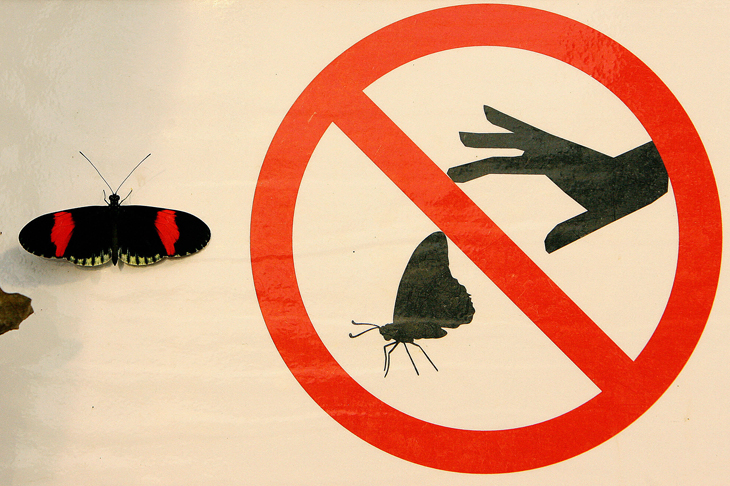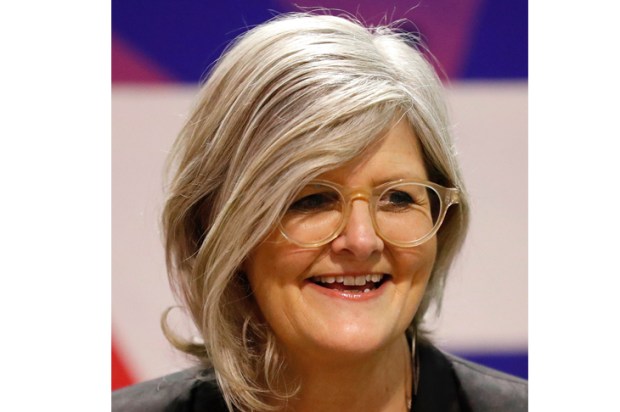Acting against corruption should obviously be just and efficient. This basic consideration should not be abandoned in parliament’s unseemly rush to ram through the National Anti-Corruption Commission bills before their long summer break.
While the NACC will never be a court, its powers will limit matters surely implied in the Constitution just as freedom of political communication is. These include the presumption of innocence and the right to a fair trial.
Following the NSW ICAC disaster, the NACC will enjoy the power to impose, through public hearings punishment so serious that it has too often ruined the lives of the innocent, a breach of the constitutional separation of powers.
The name ICAC came from Hong Kong. This was in those halcyon days under the rule of law when the colony was a magnet not only for those escaping the brutal communist dictatorship, but also those from elsewhere who chose to live where government was benign and limited.
As Australia’s leading legal commentator, Chris Merritt, reminded me during an interview for the new media platform ADHTV, the HK model was a quality specialist unit efficiently investigating and prosecuting relevant breaches of criminal law. This remains a simple and ideal model.
While the Greiner government imported the name, it foolishly thought it could improve on the model. Its first innocent victim was Greiner, the first of three premiers..
Such is the wisdom of the NSW parliament, that when the High Court subsequently exposed the fundamental ‘errors’ of ICAC in its totally unjustified persecution of the leading barrister Margaret Cunneen, legislation was rushed through to validate the errors. Then another premier fell to the monster.
If this is typical of the quality of judgment of our ruling political class, it should not be surprising that the Albanese government has chosen too much of the NSW model for NACC.
Despite virtuous commissioners and counsel, the ICAC head was to boast to neophyte barristers that, without such tedious limitations as the laws of evidence, examining any witness that got into its clutches was ‘fun’, akin to ‘pulling wings off butterflies’.
Meanwhile, to the delight of scandal-mongers in the media, ICAC took on the trappings of a court, and imposed parallel systems of public opproprium and of punishment.
The centrepiece is the ‘walk of shame’ along Castlereagh Street where the innocent are paraded as if they are in tumbrils during the Reign of Terror. A similar process in South Australia led to suicide with parliament sensibly halting a process more suited to the Maoist Cultural Revolution.
While agencies like ICAC have no authority to convict and pass sentence, Margaret Cunneen warns they have developed a means of condemning those who should be presumed innocent, imposing punishment ‘which in many cases is far worse’, even using this to justify their existence.
Coopting the media into the role of punisher, she warned this had been embraced in some quarters with ‘a relish that could easily be confused with malice.’
Just as the police never use and cannot use public hearings, neither should the NACC. This is just not part of our Anglo-American legal tradition.
The Americans had long clung to this in even colonial times. Today corruption investigations do not involve public hearings by ICAC equivalents. They are heard by constitutionally prescribed grand juries meeting in private. Their only public words are two at the conclusion when they either authorise or refuse a public trial before a judge and a (petit) jury of 12. They are the endorsement on the bill of indictment either as a ‘true bill’ or ‘no bill’.
There is another matter which requires reconsideration. One of the weaknesses of ICAC is that its model is grossly inefficient. Evidence taken is inadmissible in court and there can be long delays in a matter being taken up by the DPP and going to a real court. With the NACC, it seems inadmissibility will be restricted to evidence which involves self-incrimination. To overcome any delay the NACC should be restricted to truly serious corruption – that is corruption which if proven would constitute a criminal offence.
The legislators should pay serious attention to a requirement proposed by Chris Merritt. This is that once the NACC concludes that it is likely that a crime has been committed, a brief of evidence should be sent to the DPP without any public comment or finding.
Finally, as to just what the NACC will examine, corrupt conduct is unwisely not to be limited to crime. As Chris Merritt points out, the pages of the legislation defining what is corrupt conduct recalls what is known as a Henry VIII clause, an unacceptable power to amend or repeal an act of parliament by regulation.
The NACC should not be tied up in the endless and wasteful distraction of trying to decide what is corrupt. That is for Parliament to define as a crime.
Acton defined the cause of corruption as power which tends to corrupt, with absolute power corrupting absolutely. This is corruption and it should be illegal.
If the political class wish to restore their credibility, they must concede that the gross and, as demonstrated here, totally unjustified abuse of executive power at all levels during the pandemic costing taxpayers billions and imposing vast suffering must never happen again. This requires not only a royal commission by a bench of eminent judges, but also urgent, immediate legislation to make serious misfeasance in public office a crime.
This would mean that where such misfeasance occurs, as it did so flagrantly in the live cattle ban case, not only would taxpayers have to pay vast damages for ministers acting deliberately or recklessly beyond power, but the politicians involved should also face a criminal trial for such corruption.
Got something to add? Join the discussion and comment below.
Get 10 issues for just $10
Subscribe to The Spectator Australia today for the next 10 magazine issues, plus full online access, for just $10.
You might disagree with half of it, but you’ll enjoy reading all of it. Try your first month for free, then just $2 a week for the remainder of your first year.














Comments
Don't miss out
Join the conversation with other Spectator Australia readers. Subscribe to leave a comment.
SUBSCRIBEAlready a subscriber? Log in